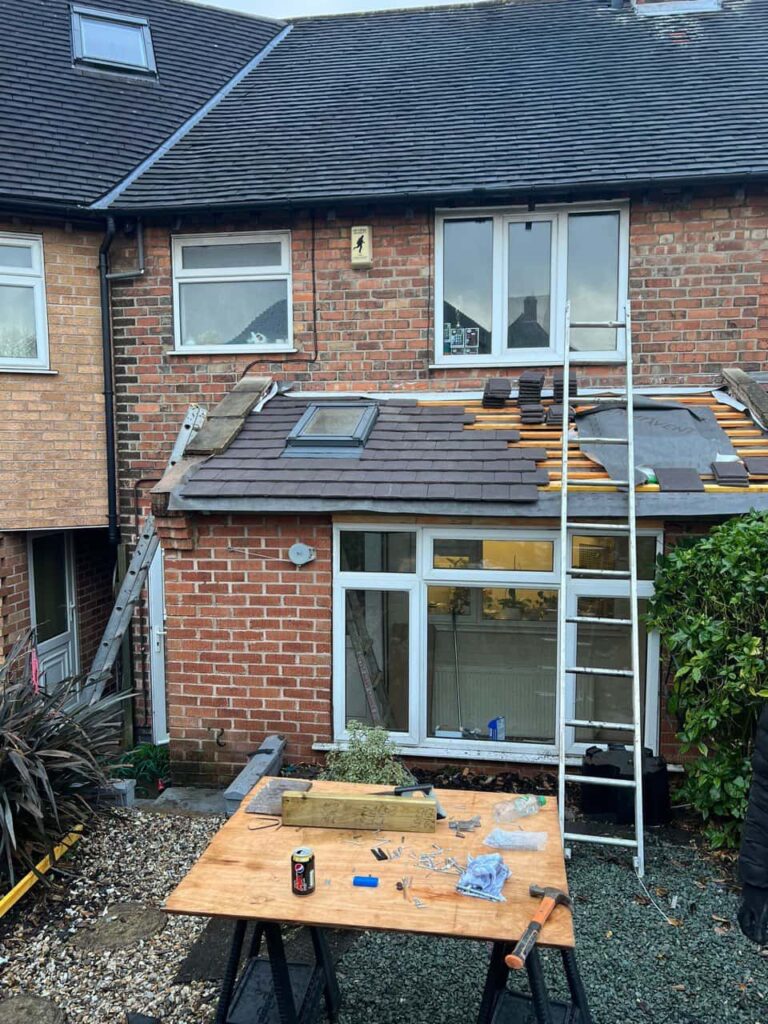Introduction: In recent years, there has been a growing emphasis on sustainability and environmental responsibility in the construction industry. As a result, roofing materials manufacturers have been exploring innovative ways to reduce their environmental footprint and promote sustainable practices. One notable trend in the roofing industry is adopting recycled materials to produce felt roofing. In this blog post, we’ll explore how felt roofing manufacturers are incorporating recycled materials into their products and the impact of these sustainability initiatives.
Utilising Recycled Materials:
- Traditionally, felt roofing has been manufactured using bitumen, a petroleum-derived product. However, roofing manufacturers now incorporate recycled materials like post-consumer plastics, rubber, and asphalt shingles into their felt roofing products. These recycled materials are sourced from various sources, including construction waste, discarded tyres, and demolished buildings, diverting them from landfills and reducing the demand for virgin materials.
Advantages of Recycled Felt Roofing:
a. Environmental Benefits: By using recycled materials in felt roofing production, manufacturers can significantly reduce the consumption of natural resources and energy required for manufacturing. Additionally, incorporating recycled content helps minimise waste and greenhouse gas emissions associated with traditional roofing materials.
b. Energy Efficiency: Recycled felt roofing materials often exhibit comparable or superior energy efficiency properties to conventional products. Enhanced insulation and reflective coatings can help reduce heat transfer, lower energy consumption for heating and cooling, and contribute to overall building energy efficiency.
- c. Durability and Performance: Recycled felt roofing materials undergo rigorous testing to meet industry standards for durability, weather resistance, and performance. Many manufacturers offer warranties and guarantees on recycled roofing products, providing property owners and contractors peace of mind.
Sustainability Initiatives:
- Roofing manufacturers are actively investing in research and development to improve the sustainability of their products and manufacturing processes. This includes optimising material sourcing, reducing waste generation, and implementing eco-friendly production techniques. Additionally, some companies participate in voluntary sustainability certification programs and initiatives to demonstrate their commitment to environmental stewardship.
Consumer Awareness and Demand:
- As environmental awareness grows among consumers, there is increasing demand for sustainable building materials, including roofing products. Property owners, architects, and contractors seek environmentally friendly options that offer performance and sustainability. By offering recycled felt roofing solutions, manufacturers can cater to this demand and position themselves as leaders in sustainable construction practices.
Conclusion: Incorporating recycled materials into felt roofing production represents a significant step towards sustainability in the roofing industry. By harnessing recycled content, manufacturers can reduce environmental impact, conserve natural resources, and meet the evolving needs of environmentally conscious consumers. As sustainability drives innovation in the construction sector, recycled felt roofing emerges as a promising solution for eco-friendly building projects. Through collaboration and commitment to sustainable practices, stakeholders can work together to create a more resilient and environmentally responsible built environment.
Call us on: 0208 059 8598
Click here to find out more about Sidcup Roofing Repairs
Click here to complete our contact form and see how we can help with your roofing needs.

